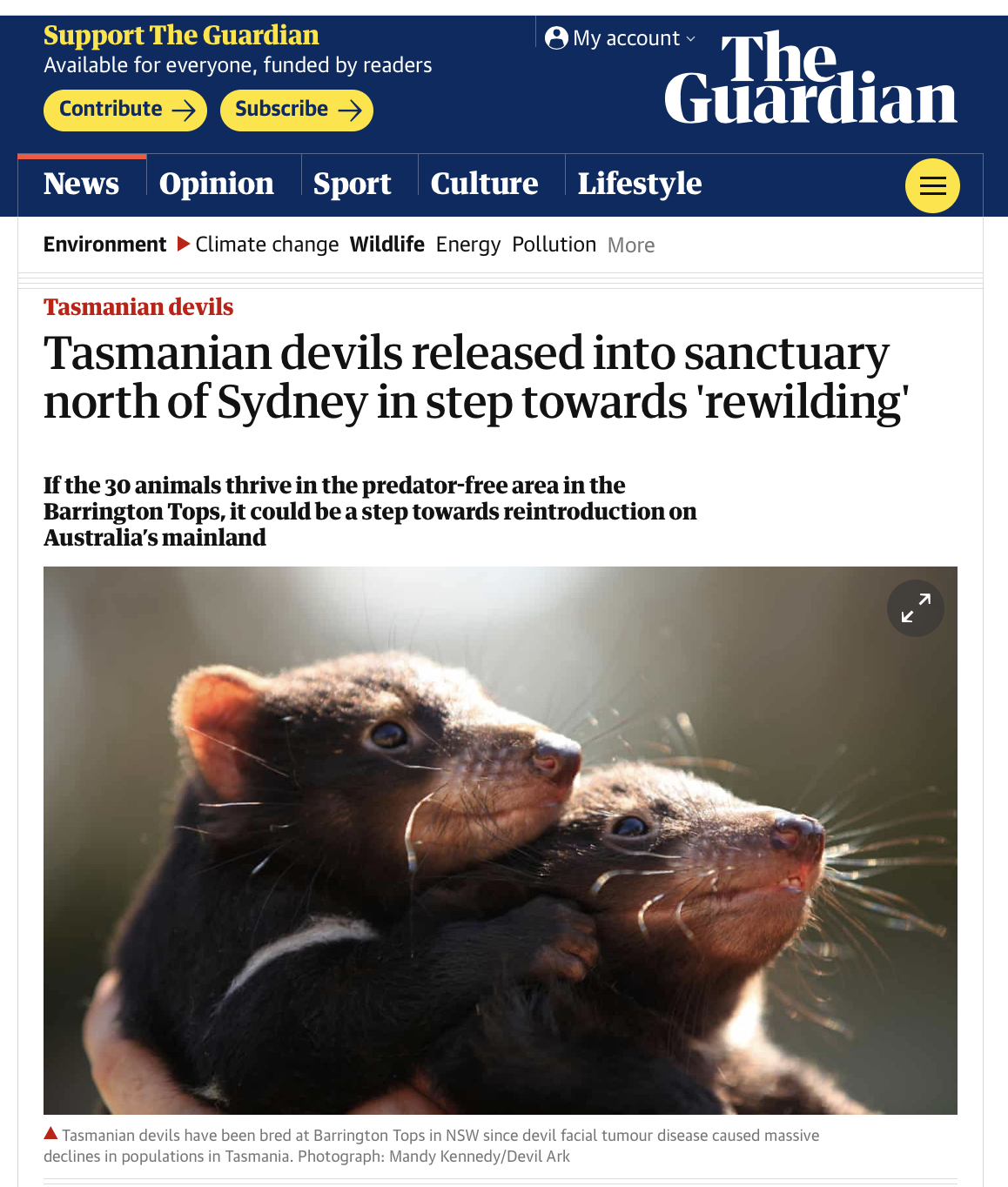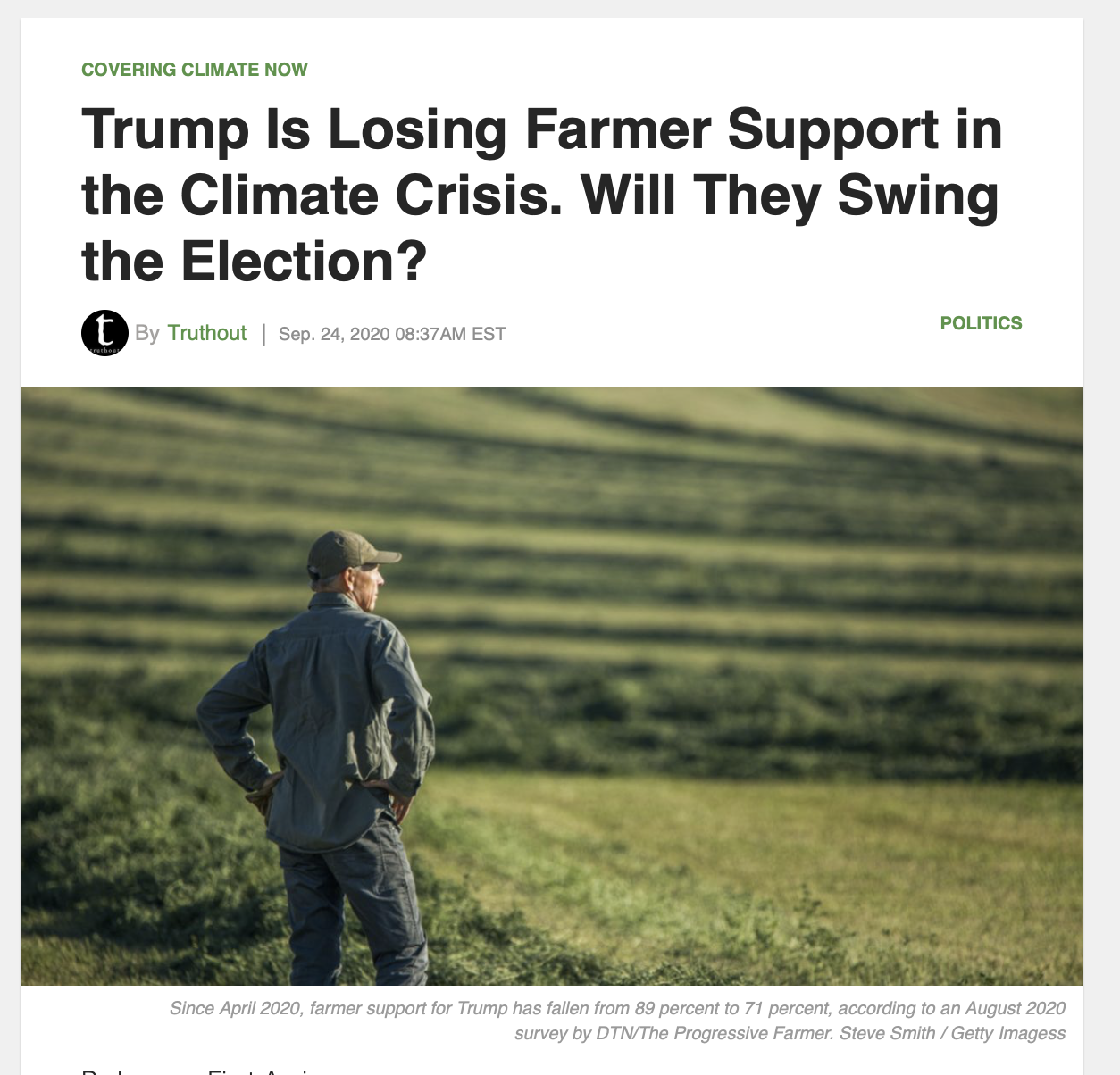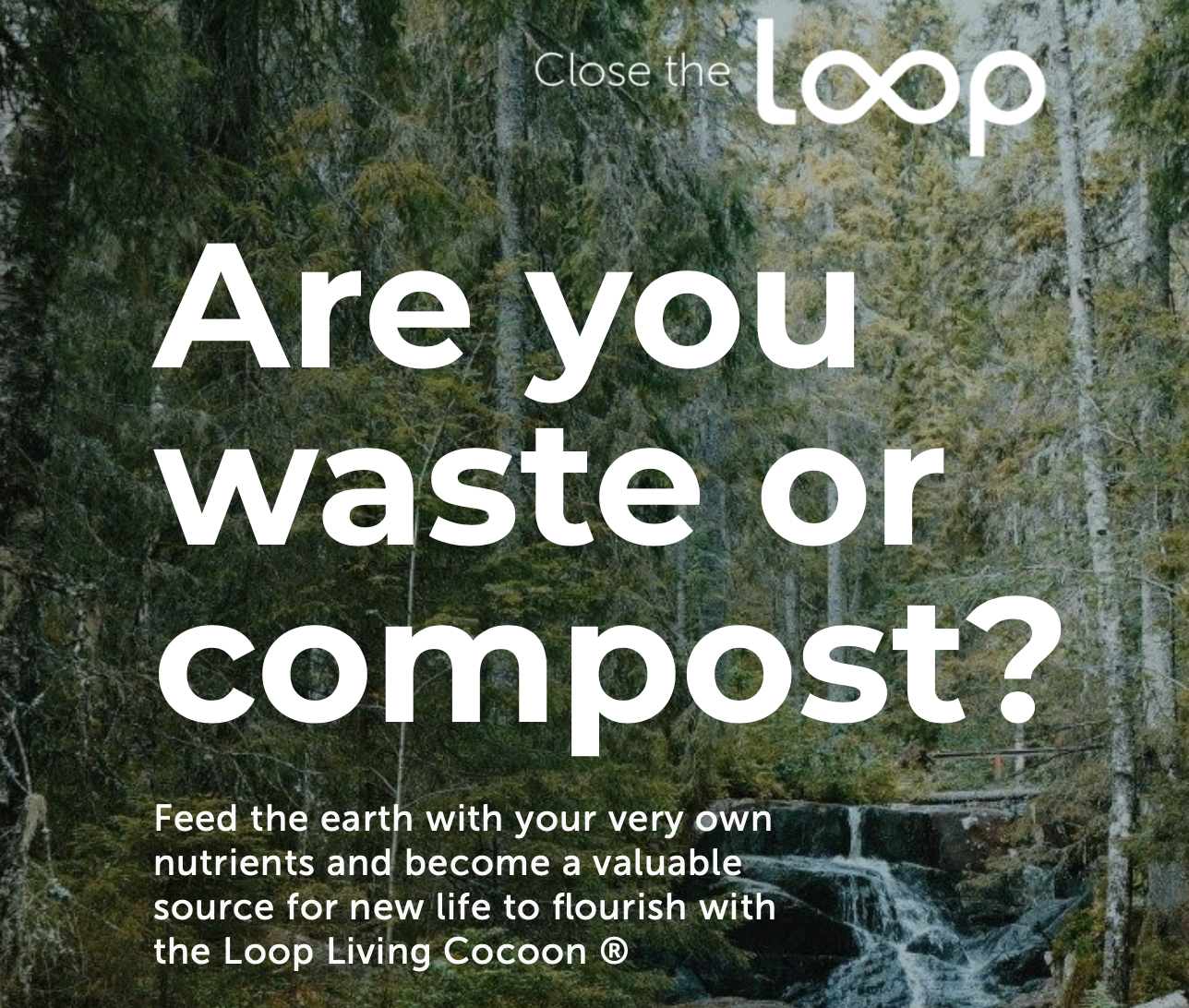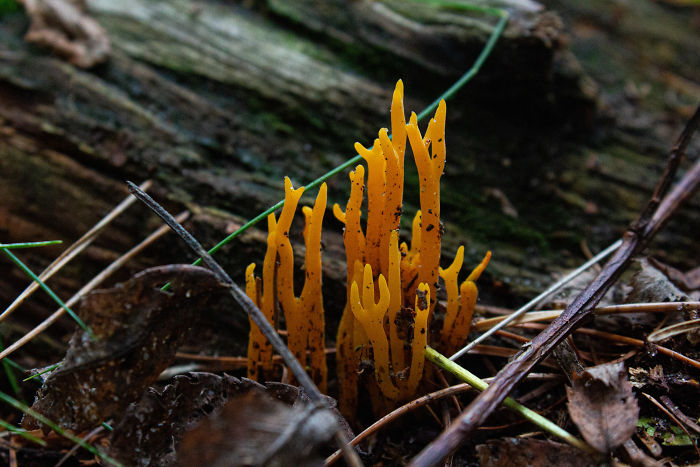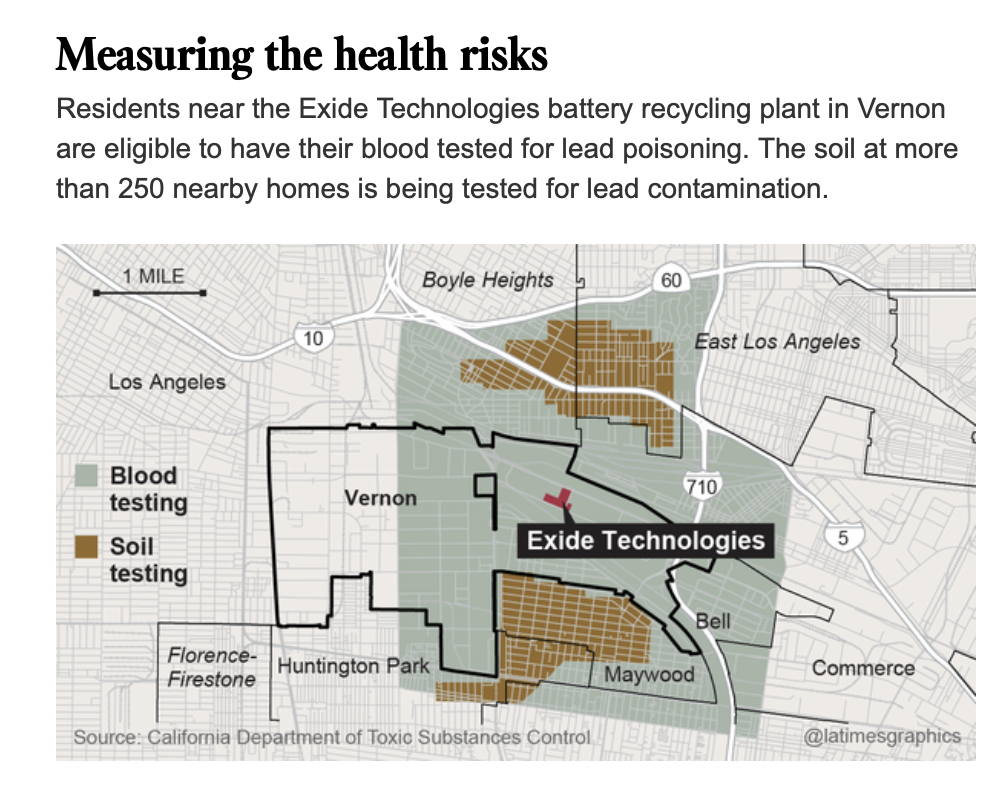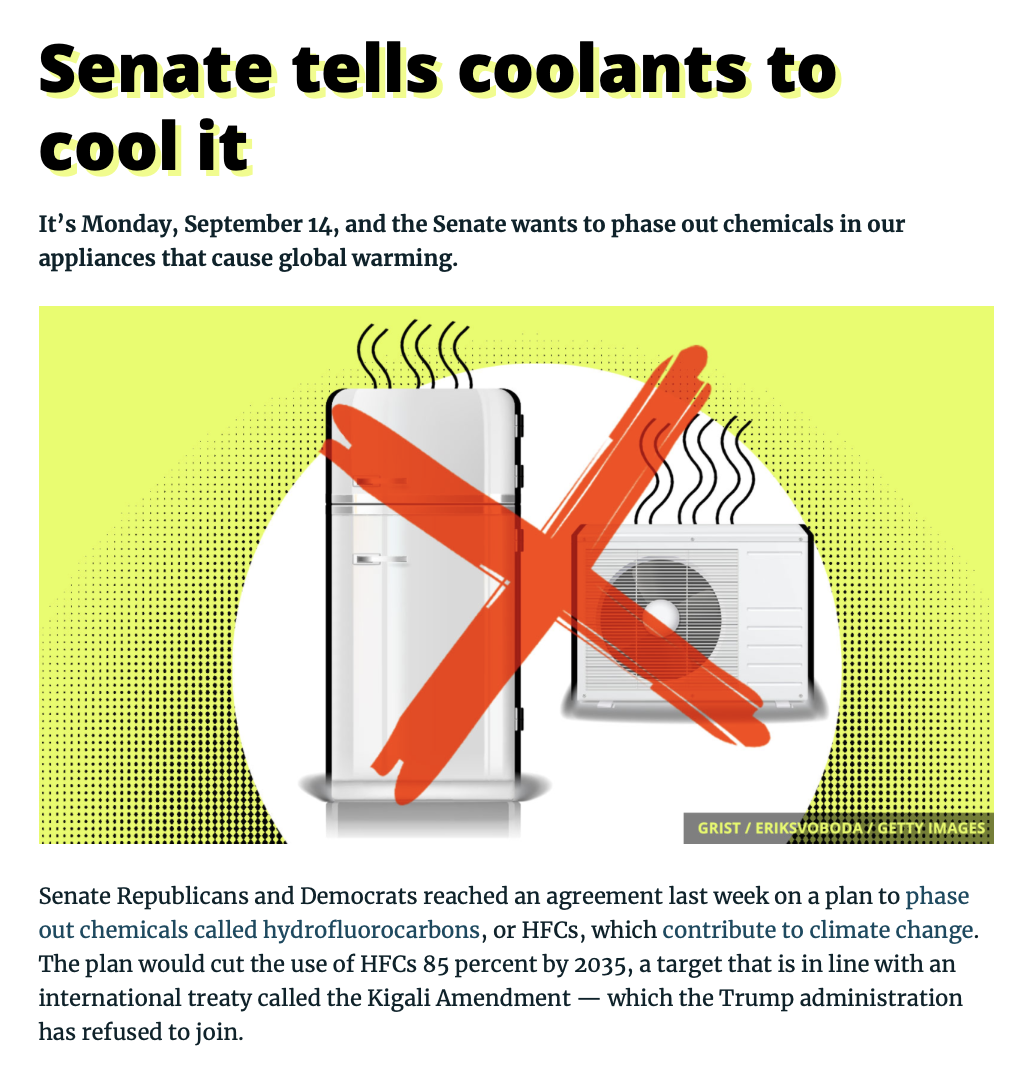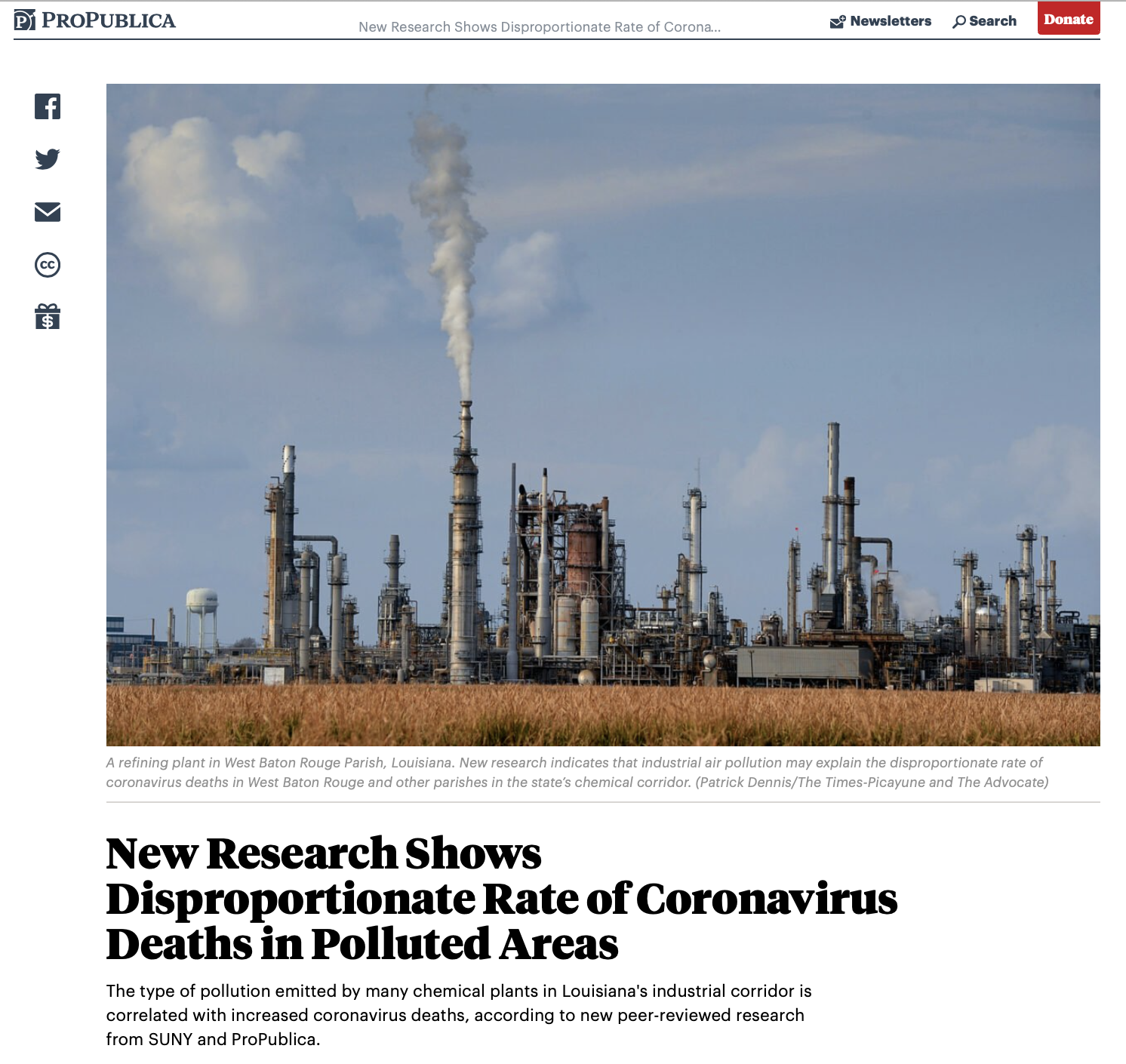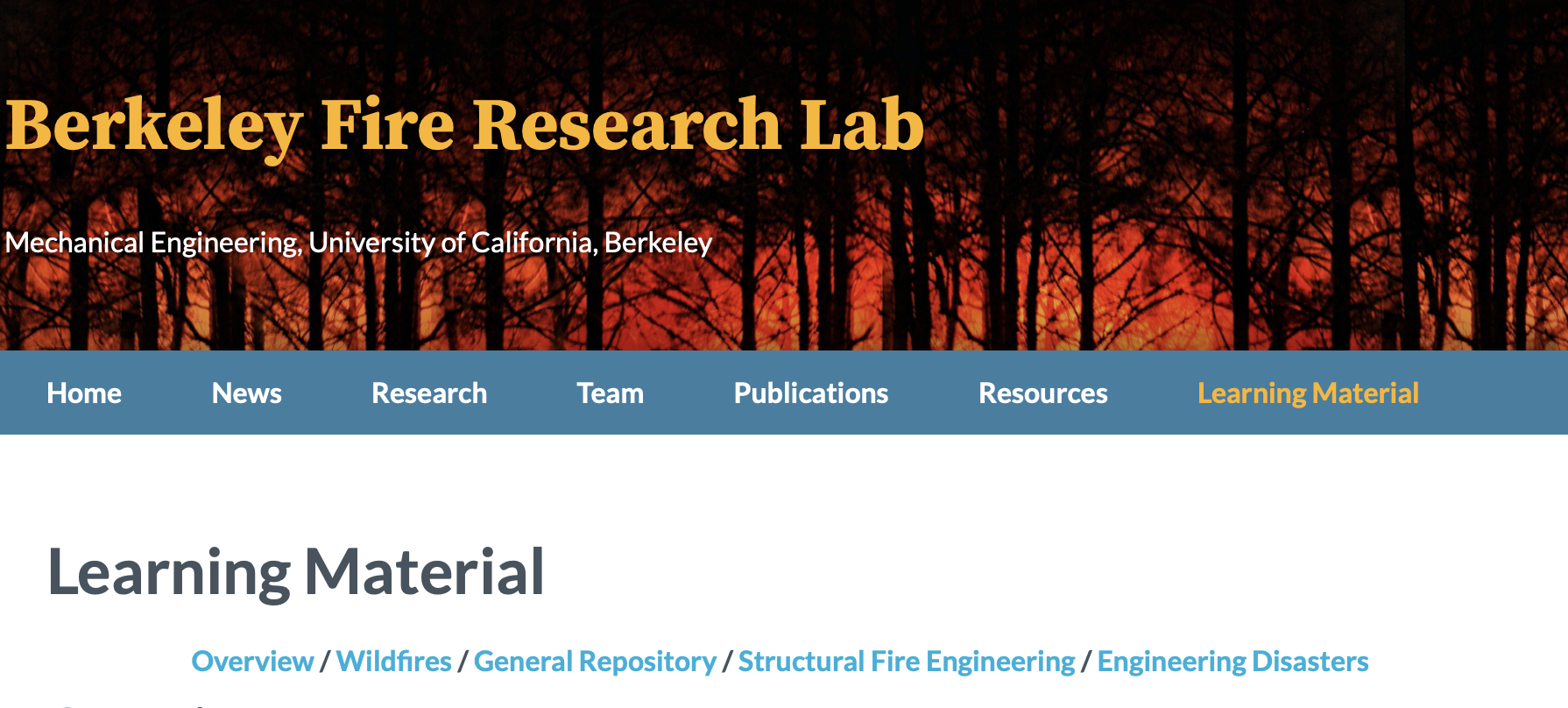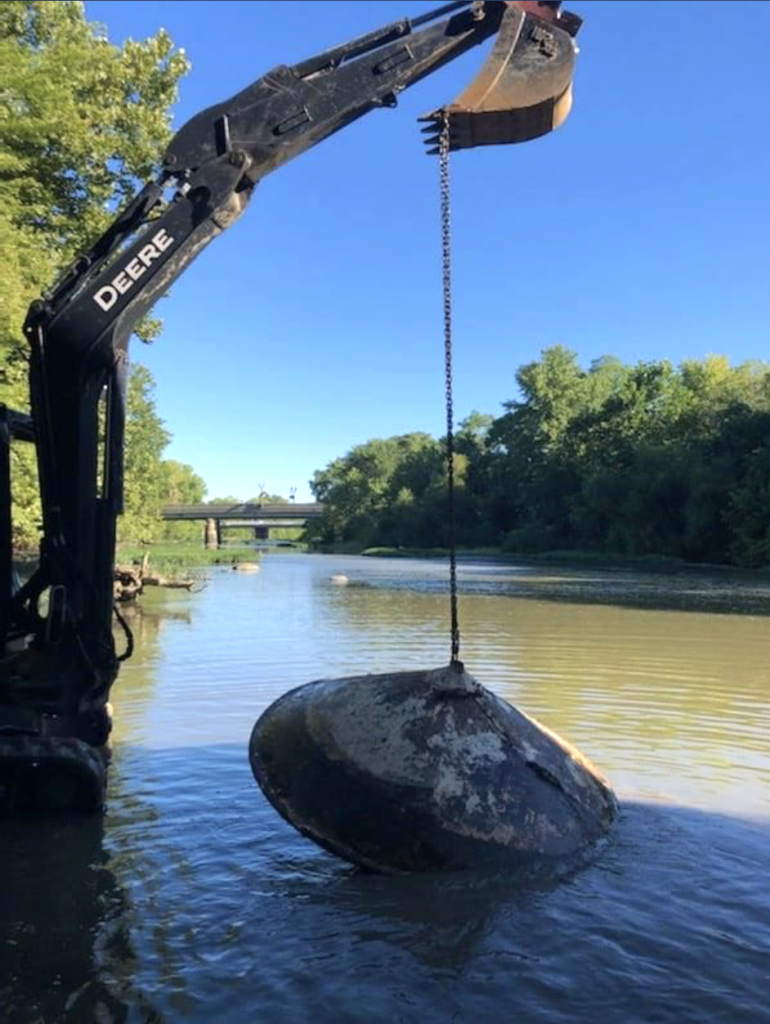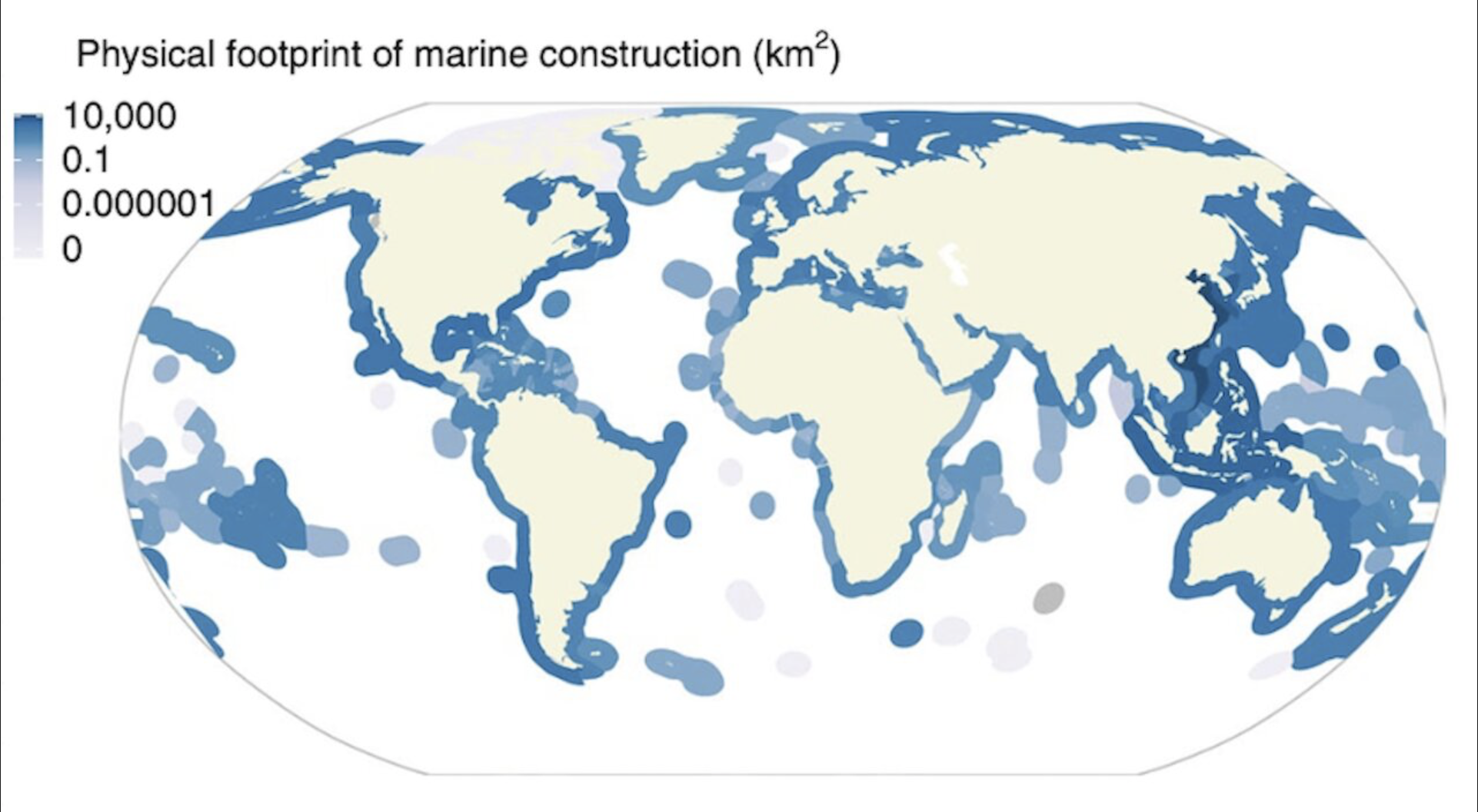Above left: mysterious Olentangy River object, near OWU Campus
Above right: possibly less mysterious, but still really interesting: Jess Wilber, STF guest from Citizens Climate Lobby; Jess is Great Lakes Regional Fellow International Outreach Intern
Join us for the first Sustainability Task Force (STF) meeting of the Fall 2020 semester: Tuesday, September 8 at 6:30-7:30 pm on Zoom.
Please contact John Krygier for the Zoom link.
For the Fall semester of 2020, we are focusing on work with the Citizens Climate Lobby – our OWU student group and the national organization.
We plan to set short and longer-term goals during the meeting. You will be part of those goals.
Joining us is Jess Wilber: a fourth-year student at Oberlin College with a double-major in Environmental Studies and East Asian Studies, a double-minor in Politics and History, and a concentration in International Affairs. She has spent the last two and a half years working for Citizens’ Climate Lobby, an international grassroots non-profit, non-partisan organization that empowers everyday people to work together on effective climate change solutions. She helped to pioneer their current programs for students in Higher Education. She was among the first members of the Campus Leaders Program, which seeks to educate and empower students to become effective climate advocates and organizers in their communities. As part of that program, she founded the Oberlin College CCL Chapter, or OCEAL, and worked with the local CCL chapter to get the Oberlin City Council to pass a resolution endorsing Carbon Fee and Dividend. She also got the same endorsement from the Oberlin College Sustainability Committee and President Carmen Ambar later that year. She was then hired as the organization’s first Regional Fellow, working to expand CCL’s Higher Ed Action Team and directly overseeing its growth. She has also held various internship positions with CCL, including Higher Education Outreach, Volunteer Education & Engagement, and International Outreach.
